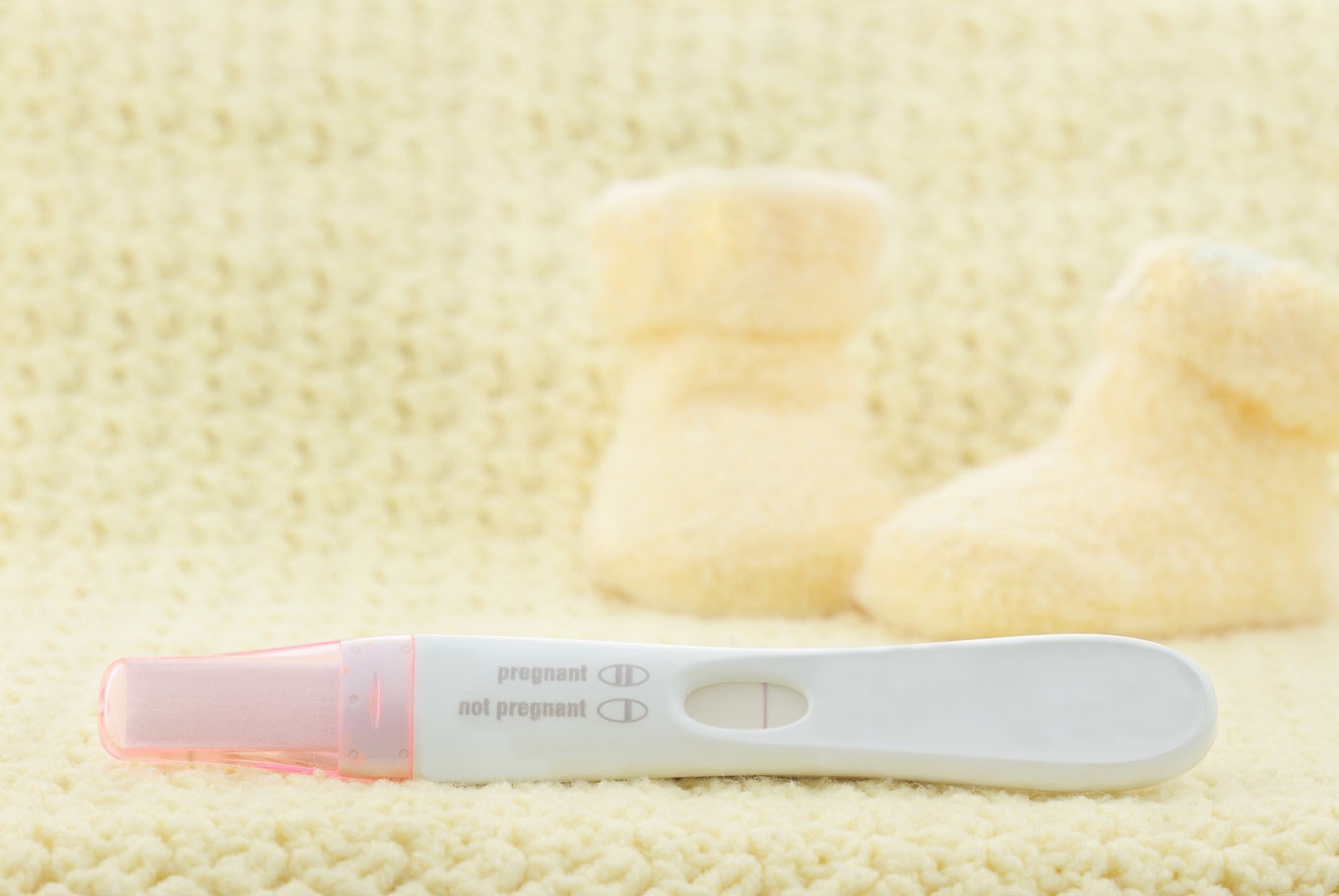Study: Infertile males can blame gene mutations
Change Size
 There are many types of gene mutations that appear to correlate with human male infertility. However, only a handful of such mutations have been scientifically proved to result in infertility. (Shutterstock/File)
There are many types of gene mutations that appear to correlate with human male infertility. However, only a handful of such mutations have been scientifically proved to result in infertility. (Shutterstock/File)
S
cientists in Shanghai have discovered that a mutation at a specific location in a gene - mainly active in male reproductive cells - leads to male infertility. And they've figured out how it works, which is likely to bring new insights into treatment.
The scientists discovered that infertility results when a key step in the development of sperm cells is obstructed by the mutation at a domain called "D-box" on the gene Hiwi. Their findings were published recently on the website of the scientific journal Cell, which is based in the United States.
Before a sperm cell matures, the histones in genomic DNA must transform into another form automatically, so that the genetic materials from the male are stored in the sperm head in a safer and more condensed way, explained Liu Mofang, the lead researcher on the team at the Institute of Biochemistry and Cell Biology, a branch of the Chinese Academy of Sciences' Shanghai Institutes for Biological Sciences.
"But the mutation hindered the transformation from taking place during the late stages of sperm formation, which results in a drastic decrease in the number of sperm, abnormal structure of the sperm head and sperm viability loss," Liu said.
Read also: Ukraine doctor pioneering 'three-parent' babies
There are many types of gene mutations that appear to correlate with human male infertility. However, only a handful of such mutations have been scientifically proved to result in infertility, Liu said.
In their lab experiments, the researchers successfully overrode the obstruction by inserting a certain part of a protein into the sperm cell of mice with the mutation.
"The sperm will thus restore normal structure and activity," Liu said.
According to one scientific reviewer of the research, "The observation of human Hiwi mutations in azoospermia is extremely exciting and provides a clear context for disease relevance".
Wang Jian, deputy director of the Shanghai Institute of Planned Parenthood Research, said it's widely acknowledged in medical circles that problems in males are a factor in half the infertility cases around the world.
Read also: Reasons other than infertility that stop you getting pregnant
"A low number of sperm, low activity of sperm and malformation of sperm are important reasons that cause male infertility, but the strategies for diagnosis and treatment are quite limited so far," Wang said. "This discovery will provide a potential solution for certain types of human male infertility."
Liu said the mutation is either acquired from the male subject's mother or happens for unknown reasons before he is born.
"If a mother carries the mutation, she is able to give birth, because the mutation doesn't affect women's fertility. But if she gives birth to a boy, he stands a 50-percent chance of inheriting the mutation from his mother," she said.
A test for the mutation could be included in voluntary premarital health checks through blood testing in the future, Liu said.
This article appeared on the China Daily newspaper website, which is a member of Asia News Network and a media partner of The Jakarta Post









